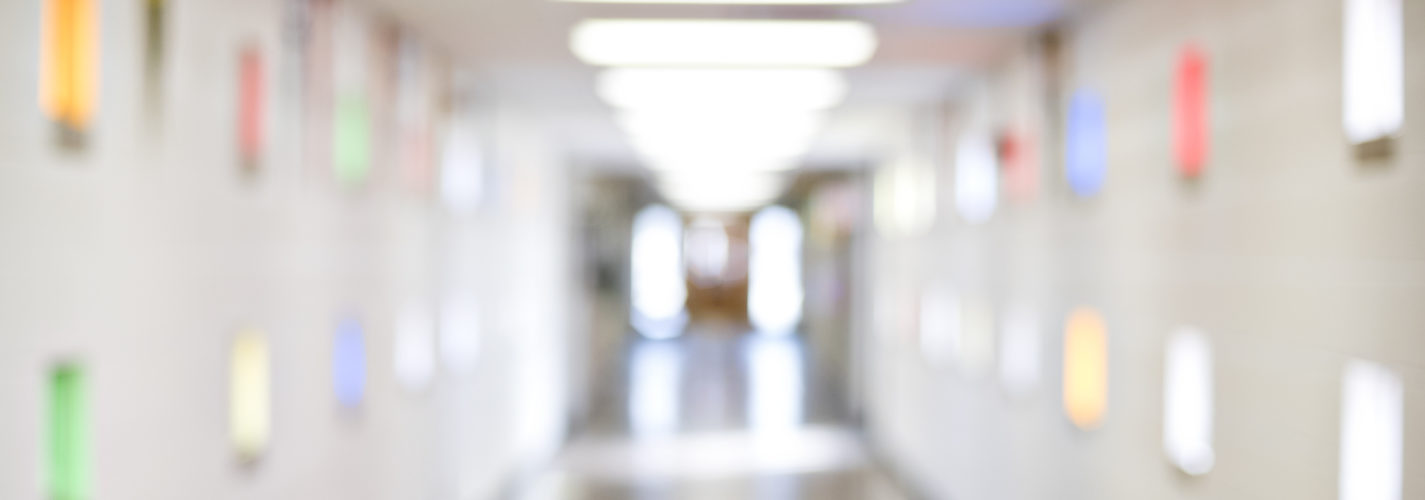Minnesota Students, Educators, and Advocates Reflect on Charlottesville
By Daniel Sellers
Last week, our team spent a lot of time reflecting on Charlottesville. The hatred and violence of the white supremacists who gathered there run in direct conflict with our values, both personal and organizational. There is simply no place for white supremacy—and the racism, anti-Semitism, homophobia, xenophobia, and other types of bigotry it espouses—in the Minnesota we are working towards.
We believe it is incumbent on all of us to call out, confront, and condemn white supremacy, and to create space for conversations that will help us move forward. To that end, we asked Minnesota students, educators, parents, and education advocates to share their reflections on Charlottesville. You’ll find their thoughts below, in their own words. If you’d like to add your reflections, please reach out.
Ann Johnson, Montessori School Leader and EdAllies Board Chair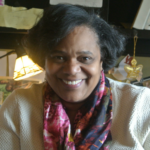
As a Montessorian, it is my responsibility to reinforce the work that creates peace in our communities. And, as a person who has dealt with racism my entire life, it is also my job to reiterate that racism still exists in our communities, as well as in our schools. We know that children of all ages followed the events that occurred in Charlottesville and they have questions; some may feel traumatized.
As we embark on a brand new school year, I urge my fellow educators to make these events in history as important as the math and reading assignments you teach. We, as educators, do this work because we believe it can make a difference for our children, and now more than ever it is the time to act on this belief. As Dr. Maria Montessori wrote, “When individuals develop normally, they plainly feel a love not only for things, but for all living creatures. This love is not something that was taught; it is the natural result of leading the right kind of life… Love is not the cause but the effect of the normal development of the individual.”
Remember that the education you provide for your students can and will change the world, but ask yourself, “Are you combatting hatred in your classrooms and sending the message of peace?”
Hannah Erickson, high school student, Grand Rapids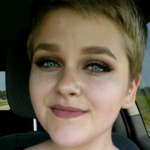
I, like many others, am disappointed and saddened by the state of our country. Many have asked me, “How can this happen here? How can there be Nazis in the United States in 2017?” My response has, and always will be: “We let it happen.”
In a country founded on genocide and slavery, I, and every other white person, have not been doing all we can to help destroy white supremacy in all its forms, and that in itself is a demonstration of our privilege. I am truly sorry for that, and I promise to do more in the future.
I’m urging you all to help fight the systematic oppression of our friends of color, our Jewish friends, our LGBT friends, our disabled friends, and all those who were made to feel afraid because of the actions of the neo-Nazis in Charlottesville. We must take action. Staying silent on issues like racism and anti-Semitism means we are part of the problem. We all have to step up, and stop letting things like this happen.
Anthony Hernandez, Second-Grade Teacher, Global Academy
How do you address an event with students that you yourself have barely fully processed? What about the bombing of the mosque in Bloomington, only one week prior to what happened in Charlottesville? And then there’s the deeper feeling that this won’t be the last time this school year that some act of racial tension or violence will make its way into the national discourse and be unavoidable to talk about with students. The added challenge for me is: How do you decide what is appropriate to discuss with second-graders? At this point I wish I had more answers than questions.
Troy Haugen, Career & Technical Education Coordinator, Lakes Country Service Cooperative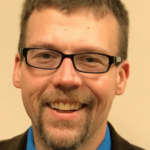
By not challenging systemic oppression, complacency ultimately helps spread the idea that such oppression is tolerable. The fact remains that students, families, and educators experience oppression and bigotry daily in our schools; those who do not see this simply suffer from oblivious ignorance. It is imperative that we use the events in Charlottesville as a catalyst for deep discussion to move our schools to one fundamental truth in action: We are all the same species, and no one student is more or less than any other student, particularly because of the color of their skin, the status of their class, or location of their school.
Josh Crosson, Senior Policy Director, EdAllies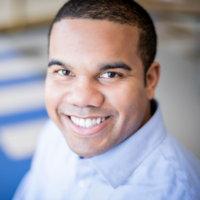
The hate on display in Charlottesville is a symptom of the cancer of white supremacy spreading throughout every corner of our society, including in Minnesota, where economic and educational turmoil for people of color often play second fiddle to successful fishing seasons and uninterrupted state fairs. Just last month, the Minneapolis police shooting of two dogs was met with more outrage by city officials than the 2016 police shooting of an unarmed Black school worker. Recently, a white teenager yelled out of his Audi to call me “nigger” as I walked in downtown Minneapolis. Swastikas painted on garage doors and anti-Muslim epithets hurled at Asian and African Minnesotans are every day occurrences, yet rarely make the evening news.
Our public education system is not immune to influences of white supremacy: Only one in three Black Minnesota students can read at grade level, and one in three Minnesotans don’t think we can ever close race-based achievement gaps. Too many educators and policymakers—mostly white adults—hold dangerously low expectations for students of color, and prioritize their own interests and comfort over those of students. Too often, they try to hide the data, rather than find ways to end education injustice.
We must do all we can to condemn and eliminate white supremacy in every form. We must use the events in Virginia as reason to do better in Minnesota.
Dr. Keith Brooks, EdAllies Board Member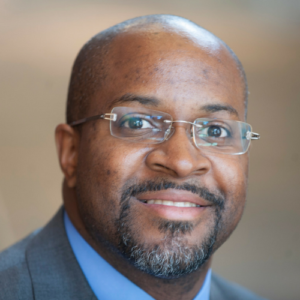
How ironic: The state that received the first Africans–captured against their will into the institutions of slavery—has erupted. The ideology that one group is superior to another, based on lies, is neither a new concept nor past tense. If anything, it has grown stronger and been systemized, backed by many generations, traditions, and institutions. Who is surprised by what happened in Charlottesville, Boston, and elsewhere? Only those who are unfamiliar with America’s history and collective identity, or who don’t care to face what Americans of color confront daily. Although tragic, it is important that the world see what many people have always known and recognized about our inequitable roots.
The Eyes on the Prize documentary was a phenomenal account of the modern civil rights movement. Episode 13 highlighted the tension and resistance from White Americans to desegregate Boston schools in the 1970s. One of the most striking images from Boston’s resistance captured a group of white teenagers attempting to strike a Yale-educated, Black attorney with the sharp point of the American flagpole.
That image is synonymous to Charlottesville and the narrative of Americans of color, who are still being struck by those who are empowered and protected by the flag. Perhaps these scenarios will make individuals pause to reconsider why many athletes are not standing for the American flag, and reflect on their White teammates who are standing in solidarity.
Removing a statue, monument, or name of a university hall memorializing someone who represented the confederacy or other supremacist symbols has merit. Addressing long-standing inequities—in education, employment, real estate, law enforcement, health—and increasing our ability to care for each other has more substantive value in the long-term.

